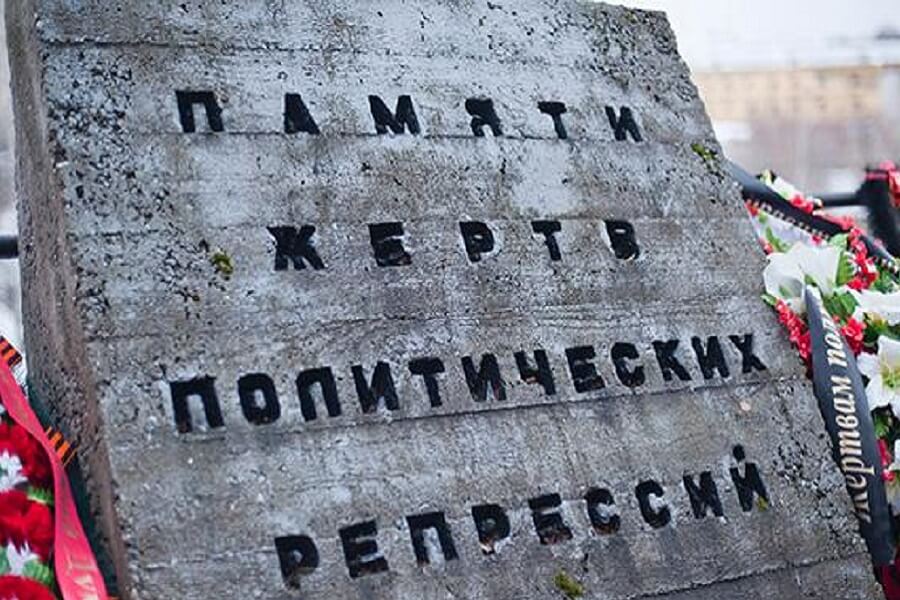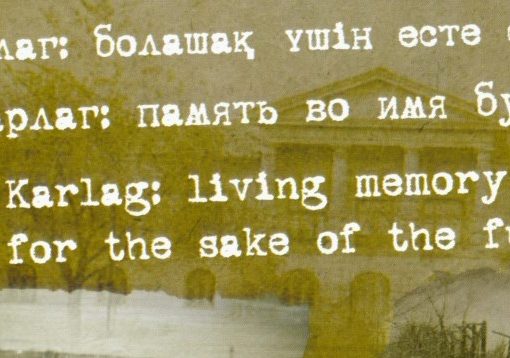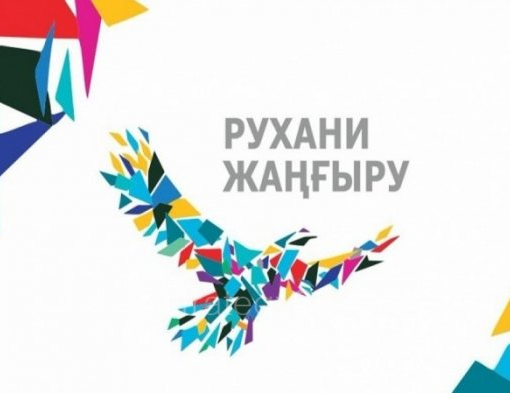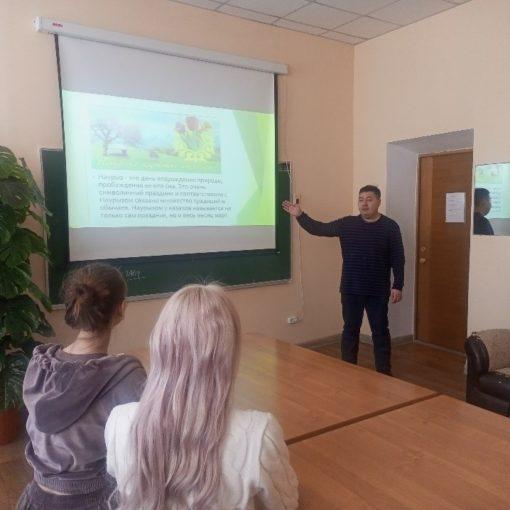In April 2015 at the XXII session of the Assembly of the People of Kazakhstan the First President of Kazakhstan N.A. Nazarbayev called for objectivity and impartiality in studying even the most tragic pages of the past. He reminded that “though Kazakhstani multi-ethnicity was the birth of the Soviet political system, the majority of those who by the will of fate found themselves on the Kazakh land became Kazakhstanis regardless of their nationality. The Kazakh land united all into one, united people”.
Since 1990, Kazakhstan has been working purposefully to preserve the historical memory and rehabilitate the victims of totalitarianism: a decree on measures to assist rehabilitated citizens who suffered from illegal repression during the 1940s and early 50s.
On April 14, 1993 the Law “On rehabilitation of victims of mass political repressions” was adopted. In order to immortalize the memory of the victims of political repressions in Kazakhstan, the Decree of the First President N.A.Nazarbayev dated April 5, 1997. May 31 was declared the Day of memory of the victims of political repressions.
In 2011, important additions were made to the Decree, and May 31 became the Day of memory of the victims of political repression and hunger for the people of Kazakhstan.
The year 1997 was declared the Year of National Accord and Memory of Victims of Political Repression by the Decree of the First President.
Modernization of public consciousness, as noted Yelbasy is a platform that connects the horizons of the past, present and future of the people, and its spiritual mission is to reconcile the different poles of national consciousness.

In tribute to the memory of the victims of political repression and famine of the 1930s in Kazakhstan and the deportation of peoples, there is a great humanitarian and ethically impeccable tradition – the Day of Thanksgiving.
This tradition was born on April 23, 2015 at the XXII session of the Assembly of the People of Kazakhstan, when the First President of Kazakhstan made a proposal to establish the Day of gratitude of all ethnic groups to each other and to Kazakhs, who showed mercy and accepted the deportees as relatives.
From all over the world, descendants of the repressed and deported come to Kazakhstan to commemorate those who stayed here forever.

All museums of victims of political repression are unique memorial complexes designed to perpetuate the memory of innocent victims of correctional labour camps.
One of the first political museums of the country is the South Kazakhstan museum of victims of political repressions, opened on November 2, 2001 in the city of Shymkent in the year of 10th anniversary of independence of Kazakhstan. In a hall of “Worship” plates on which names of 2500 victims of “the big terror”, shot in 30th years of XX century are immortalized are established.
The museum “In memory of the victims of political repressions of Dolinka settlement” was created according to the order of the First President of the Republic of Kazakhstan, the order of the akim of Karaganda region from February 24, 2001, the decision of akim of Shakhtinsk city from November 30, 2001. The uniqueness of this memorial complex lies in the fact that the museum is located in the historical building of Karlag Administration, built by the forces of the prisoners themselves in 1933 – 1935.

In Akmola region since May, 31st, 2007 the museum-memorial complex of victims of political reprisals and totalitarianism “Algeria” (Akmola camp of wives of traitors of the homeland) operates, visitors of which can familiarize with stories of tragically lost prisoners of camp. The opening of the museum is timed to the 10th anniversary of the “Decree on the establishment of the Day of memory of the victims of political repression,” the 70th anniversary of the beginning of mass political repression.


In 2017, a monument to the victims of famine in Kazakhstan in 1931-1933 was opened in Almaty. The composition depicts a weary woman holding an exhausted child in her arms. The monument is installed in the park of Karagaily. The three-meter sculpture is made of bronze and granite.
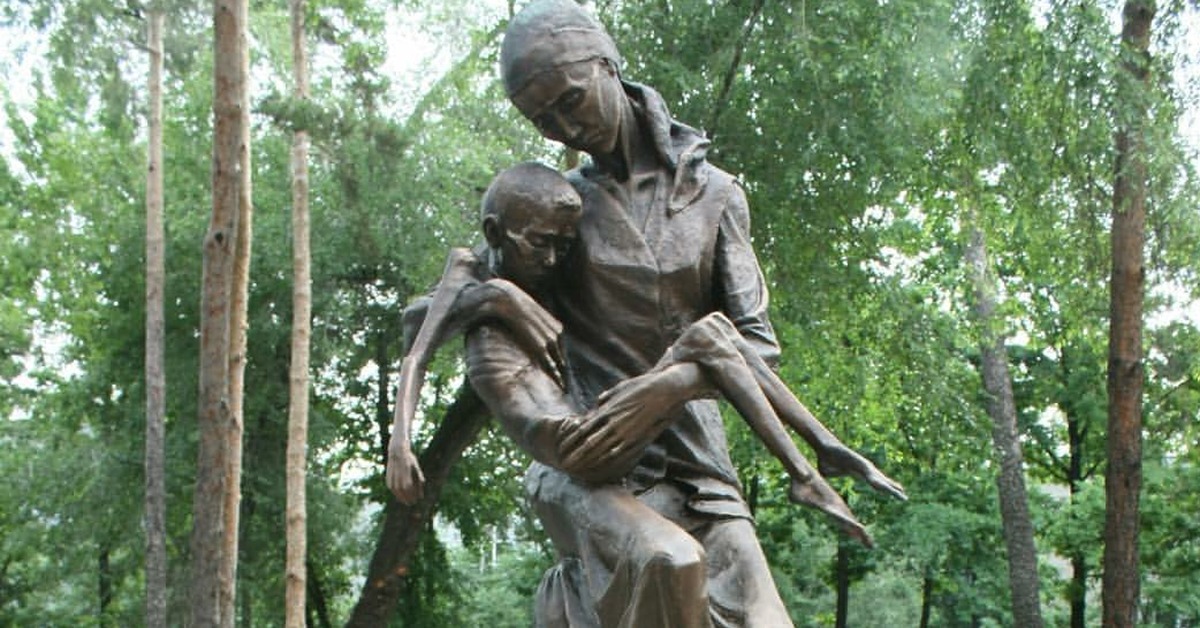
On December 27, 2018 in Zhanalyk village of Talgar district of Almaty region within the framework of the program “Rukhani Zhangyru” the Museum of victims of political repression was opened. In order to perpetuate the memory of innocent victims of the Stalinist repressions, a memorial plaque with the names of 4,125 people who were subjected to political persecution was installed and their biographical data was presented.
Museums of victims of political repressions are not only the memory and pain of the people, but at the same time they become historical and research centers.
Director of SIC “Rukhaniyat” Academy “Bolashaq”, member of SEG APK Karaganda region Aupenova A.U.

